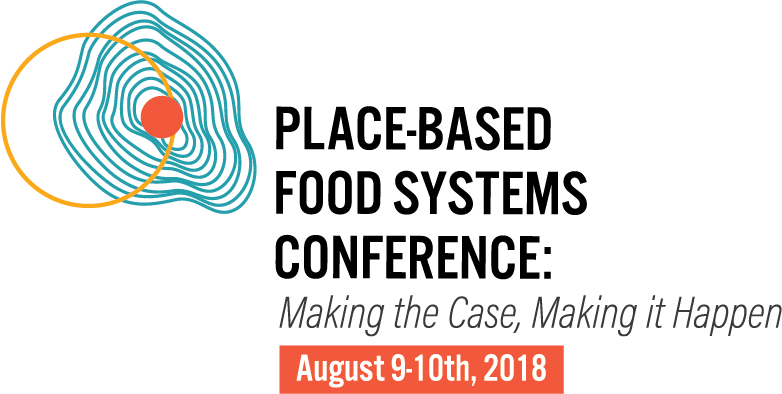Communing with Bees: A Whole-of-Community Approach to Address Crisis in the Anthropocene
DOI:
https://doi.org/10.5304/jafscd.2019.091.029
Keywords:
Pollinators, Political Ecology, Community, Ecological HumanitiesAbstract
We are currently facing myriad socio-ecological crises, from global climate change to resource depletion to the loss of dozens of species every day. Despite a longstanding and impassioned environmental movement, these problems persist and are worsening. The extent and degree of human-induced change on the planet is significant enough to have placed us in a new geological age: the Anthropocene. Three perspectives are engaged as a way to understand this new era and address our fractured human-nature relationship: (1) political ecology, (2) the ecological humanities, and (3) the informal economy. An exploration of intersecting themes leads to the start of a new theoretical contribution, which manifests at the convergence of theories: a “whole-of-community” approach. This whole-of-community approach is one that is concerned with both inter-human and interspecies relationships to move us towards communities that are place-based, integrated, participatory, and grounded in eco-social justice and equity. Pollinating bees are used as an illustrative example of how to achieve this vision. Bees can be both a bridge and gateway. As a bridge, they can provide a way of (re)connecting human and nonhuman nature and as a gateway, they can guide humans to a deeper understanding and connection with urban natures. Reconciling humans with the rest of the biotic community through place-based initiatives is possible by fundamentally and radically expanding our current framing of the concept of community.
See the press release for this article.
Metrics

Downloads
Published
How to Cite
Issue
Section
Categories
License
The copyright to all content published in JAFSCD belongs to the author(s). It is licensed as CC BY 4.0. This license determines how you may reprint, copy, distribute, or otherwise share JAFSCD content.













